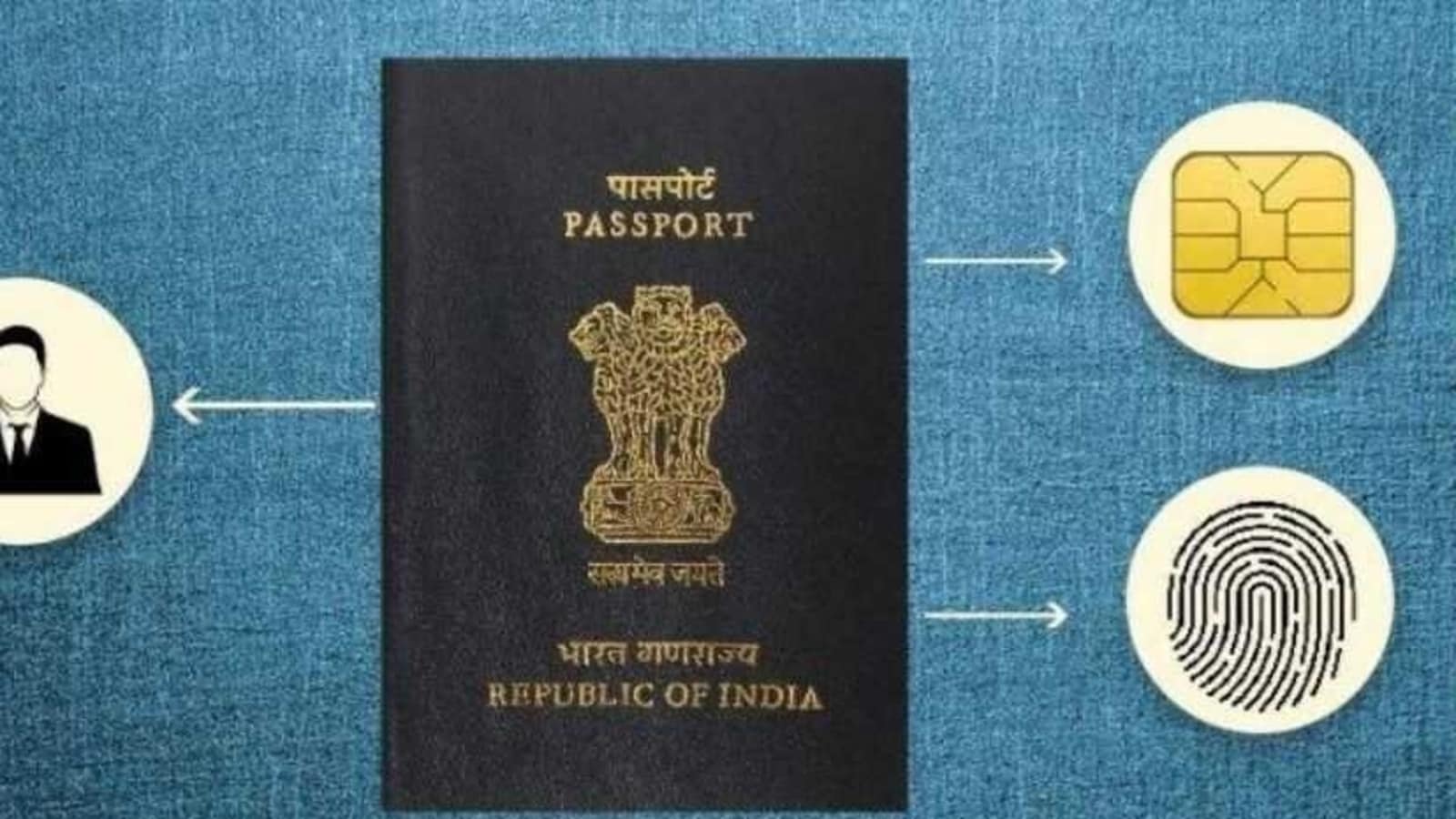India to get advanced e-passport security features soon; know how safe it is
The manufacture of the new e-passport is likely to begin at India Security Press, Nashik soon.

India is likely to introduce microchip based e-passports soon. The Ministry of External affairs has shared that the new e-passport will use Radio-Frequency Identification (RFID) and biometrics. Sanjay Bhattacharya, Secretary, Ministry of External Affairs, has informed that the new e-passport will also be in line with the standards of the International Civil Aviation Organisation (ICAO). The e-passport security features inclide a jacket containing an electronic chip with important data encoded on it. The new passport will be manufactured at India Security Press, Nashik.
The Indian government was in talks with India Security Press about the feasibility and applicability of the project for a long time. Now, the manufacture of e-passports is likely to begin soon so that a new passport booklet with advanced security features can be rolled out for citizens soon.
New e-passports will come with advanced security features
The chip-enabled e-Passports will have advanced security features. The personal details of the applicants such as their biometric data, name, address, and other important identity-related information would be digitally signed and stored in the chip embedded in the passport booklet. In case of any problem, the system shall identify it and the passport authentication will fail.
The new e-passports will also hold security features that will prevent unauthorized data transfer through Radio-frequency identification (RFID). This will make travel smoother and more secure for international passengers and immigration for all citizens around the world.
Announcing the launch of the same on his Twitter handle, Bhattacharya wrote earlier, “India to soon introduce next-gen e-passport for citizens. Secure biometric data. Smooth passage through immigration posts globally. ICAO compliant. Produced at India Security Press, Nashik.”
https://twitter.com/SecySanjay/status/1478759355512025092
As per the reports, the government had already issued 20,000 official and diplomatic e-Passports with an electronic microprocessor chip embedded in them for trials. If the trials are successful, Centre will start issuing e-passports to all the citizens.
With this smart e-passport, India will join the list of some 150 countries, including the UK, Germany, Bangladesh and others that issue biometric passports. The biometric passports for ordinary citizens might be under development, but the diplomatic and official passports issued by the country have been biometrically secured since 2008. The first e-passport was issued to the then-President Pratibha Patil.
Catch all the Latest Tech News, Mobile News, Laptop News, Gaming news, Wearables News , How To News, also keep up with us on Whatsapp channel,Twitter, Facebook, Google News, and Instagram. For our latest videos, subscribe to our YouTube channel.






























